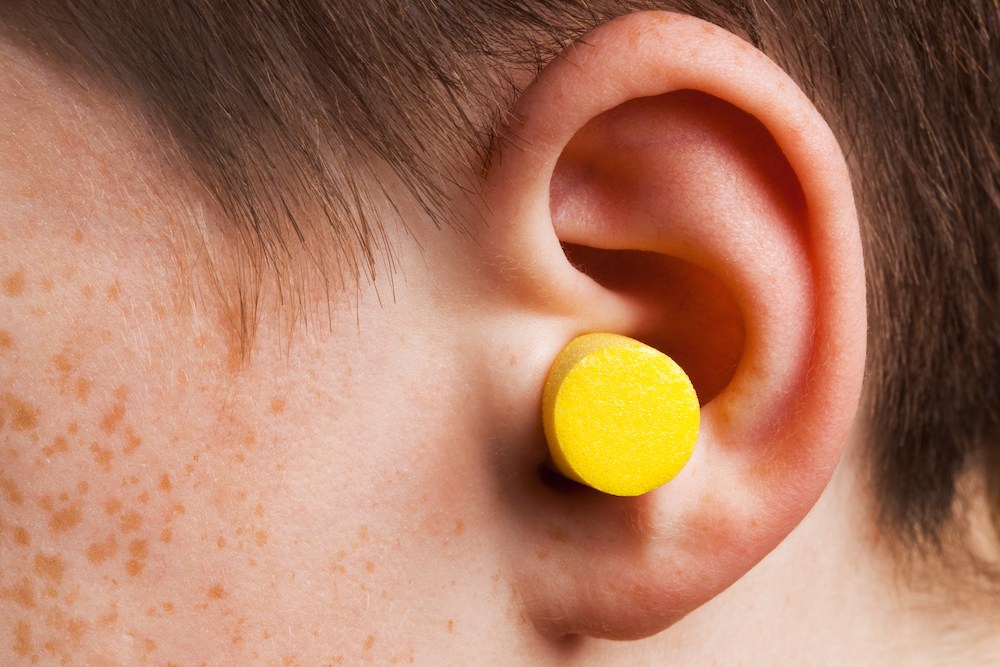How Hearing Loss Can Influence Learning a New Language
Learning a new language depends on being able to hear the differences
New location in Devonshire Mall! Visit Us Today!


Learning a new language depends on being able to hear the differences

School hearing screenings have long been an important way to identify

Many people with hearing loss find that some environments are much more